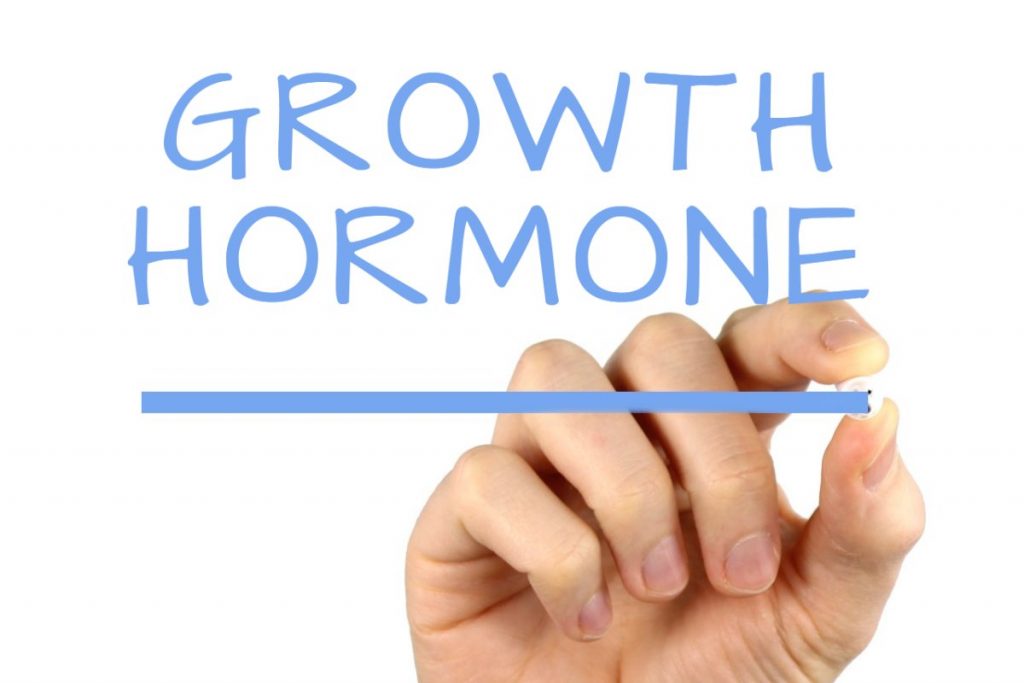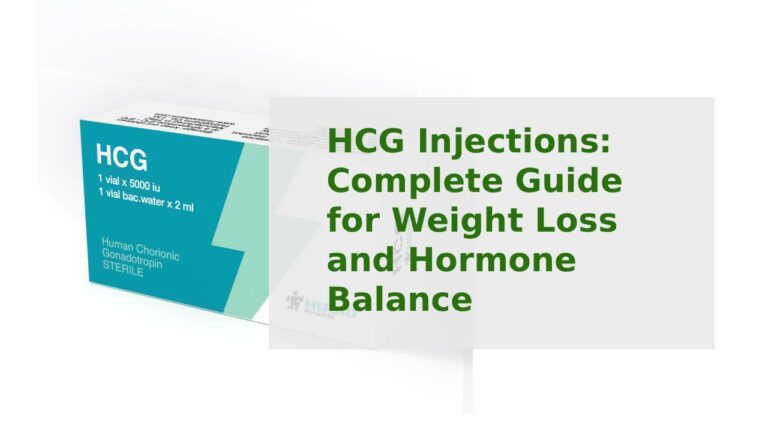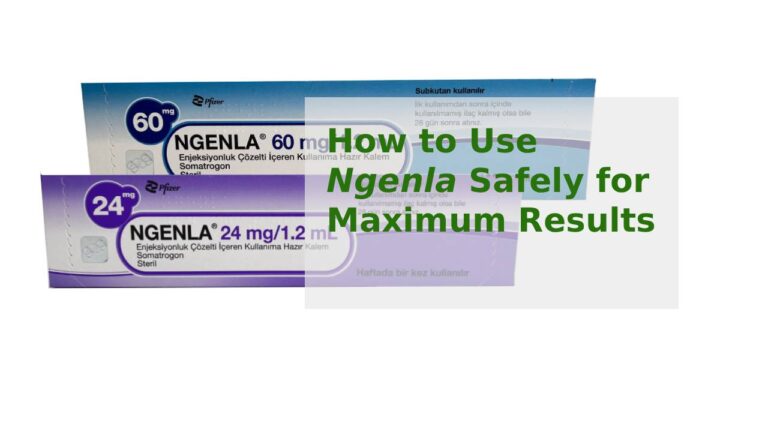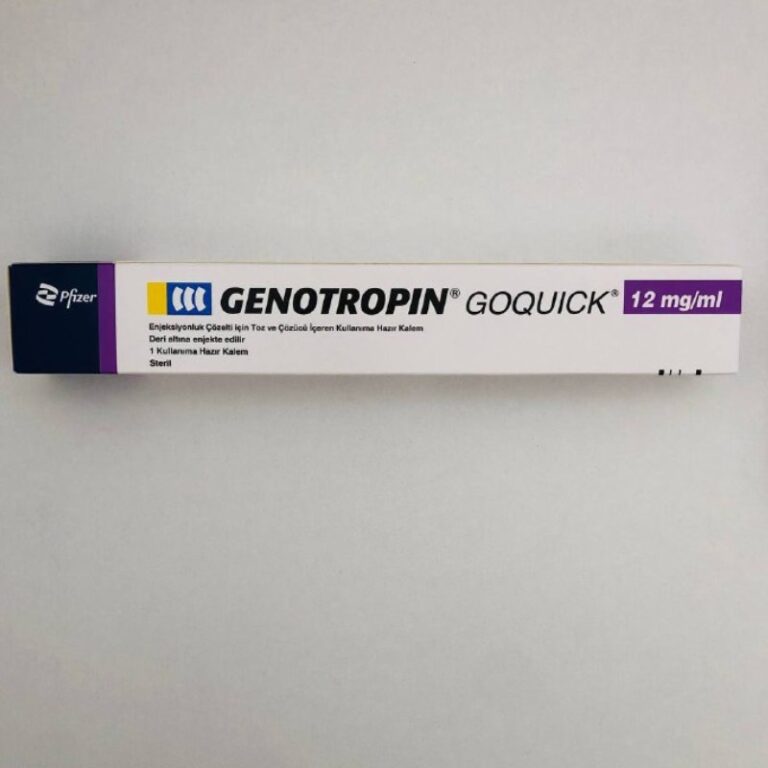Introduction
Human Growth Hormone (HGH) is a crucial peptide hormone produced by the pituitary gland. It plays a significant role in growth, metabolism, and tissue repair. Recently, HGH has gained popularity in the dermatology and cosmetic industries for its purported benefits on skin health, including wrinkle reduction, enhanced skin elasticity, and improved overall appearance. This article critically examines the claims surrounding HGH and its effects on skin health.
What is HGH?
Definition of HGH
HGH, or somatotropin, is a hormone that stimulates growth, cell reproduction, and regeneration in humans. It is essential for maintaining healthy body composition, muscle growth, and bone density.
Role of HGH in the Body
HGH stimulates the production of insulin-like growth factor 1 (IGF-1), which is vital for cell growth and regeneration. This process is particularly important for skin health, as it may promote collagen synthesis and enhance skin elasticity. By increasing the number of skin cells and promoting their health, HGH can potentially lead to a more youthful appearance.
Production and Regulation of HGH
The production of HGH is regulated by various factors, including sleep, exercise, and nutrition. It is released in pulses, with the most significant secretion occurring during deep sleep. Lifestyle choices, such as a balanced diet and regular physical activity, can influence HGH levels.
Scientific Investigations into HGH and Skin Health
Research Findings on HGH and Skin Health
While some studies suggest potential benefits of HGH for skin health, the research is limited and often inconclusive. Some studies indicate improved skin thickness and elasticity, while others show minimal changes. The discrepancies in findings highlight the need for further research.
Key Studies on HGH Effects
- Collagen Production: Some research suggests that HGH may stimulate collagen production, which is crucial for maintaining skin structure and elasticity. Collagen is a protein that provides firmness to the skin and helps reduce the appearance of wrinkles.
- Skin Thickness: A few studies have reported increased skin thickness in individuals receiving HGH therapy. Thicker skin may appear more youthful and less prone to sagging.
- Wrinkle Reduction: While anecdotal evidence supports the idea that HGH can reduce wrinkles, clinical studies have not consistently confirmed this effect. More comprehensive trials are needed to determine the extent of HGH’s impact on wrinkle reduction.
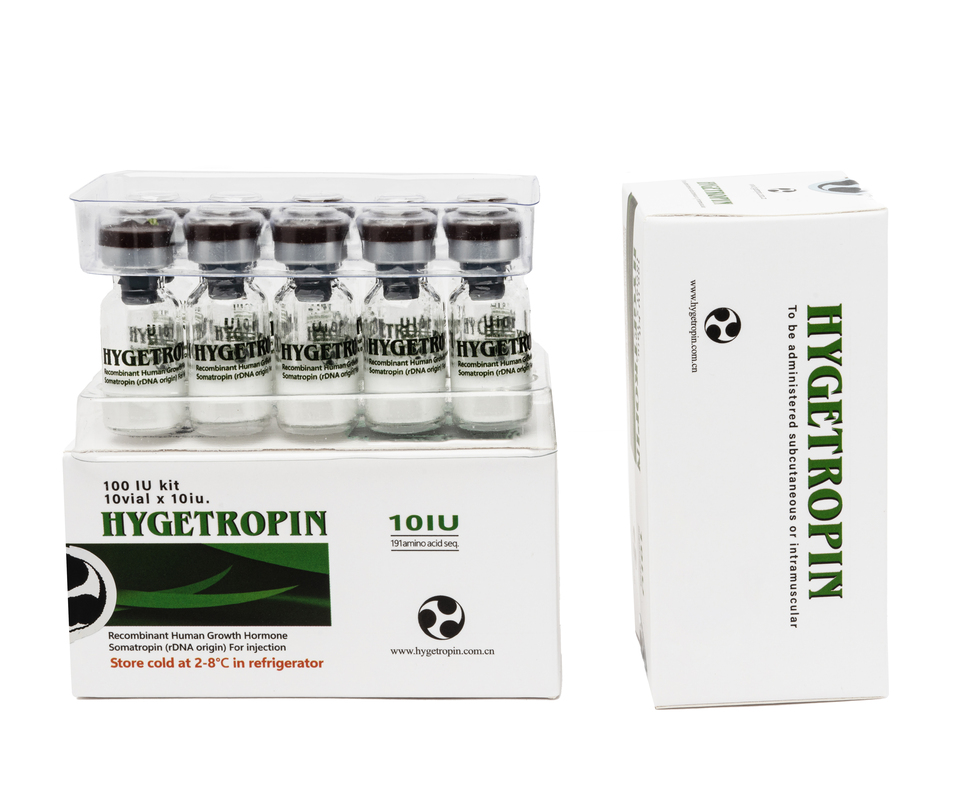
Risks and Side Effects of HGH Supplementation
Potential Side Effects of HGH
The use of HGH supplements comes with various risks, including:
- Joint and Muscle Pain: Many users report discomfort in joints and muscles, which can impact daily activities.
- Edema: Fluid retention can lead to swelling in various body parts, including the hands and feet.
- Carpal Tunnel Syndrome: Increased pressure on the median nerve can cause numbness and tingling in the hands, affecting grip strength.
- Increased Risk of Diabetes: Elevated HGH levels may negatively affect insulin sensitivity, leading to insulin resistance and a higher risk of type 2 diabetes.
- Potential for Cancer Growth: There are concerns that increased HGH may stimulate the growth of existing tumors, raising questions about the safety of HGH supplementation in individuals with a history of cancer.
Importance of Medical Consultation
Before considering HGH supplementation, it’s crucial to consult healthcare professionals to understand the potential risks and benefits. Individual responses to HGH can vary, and medical guidance can help mitigate potential side effects.
Alternative Approaches to Enhancing Skin Health
Evidence-Based Strategies for Healthy Skin
Given the uncertainties surrounding HGH supplementation, consider these alternative approaches for improving skin health:
- Topical Growth Factor Serums: These products can stimulate collagen production and improve skin texture. Look for serums containing peptides and growth factors to enhance skin repair.
- Balanced Nutrition: A diet rich in vitamins, minerals, and antioxidants supports skin health. Focus on nutrients like:
- Vitamin C: Essential for collagen synthesis and skin repair.
- Vitamin E: An antioxidant that protects the skin from oxidative stress.
- Omega-3 Fatty Acids: Promote skin hydration and reduce inflammation.
- Regular Physical Activity: Exercise enhances blood circulation, delivering oxygen and nutrients to the skin, which can improve its appearance. Physical activity also helps reduce stress, which can positively impact skin health.
- Adequate Sleep: Quality sleep is essential for cellular repair and regeneration, vital for maintaining healthy skin. Aim for 7-9 hours of restorative sleep each night.
- Sun Protection: Use sunscreen consistently to protect skin from harmful UV radiation and prevent premature aging. Choose a broad-spectrum sunscreen with an SPF of 30 or higher.
Non-Invasive Cosmetic Treatments
In addition to lifestyle changes, consider exploring non-invasive cosmetic treatments that can enhance skin health and appearance:
- Laser Therapy: Various laser treatments can target skin pigmentation, wrinkles, and texture. These procedures stimulate collagen production and improve skin tone.
- Microdermabrasion: This exfoliating treatment removes dead skin cells, promoting cell turnover and revealing a smoother complexion.
- Chemical Peels: Chemical peels use acids to exfoliate the skin, improving texture and reducing the appearance of fine lines and sun damage.
- Dermal Fillers: Injectable fillers can restore volume and smooth out wrinkles, providing immediate results for a more youthful appearance.
Conclusion
While the appeal of HGH supplementation for improving skin health is understandable, current scientific evidence does not robustly support its efficacy. The potential risks associated with HGH use further complicate its application in dermatology. Individuals interested in enhancing their skin health should consult healthcare professionals and consider established, safer alternatives.
Final Thoughts
As the quest for youthful skin continues, understanding the science behind various treatments, including HGH, is essential. Staying informed about the benefits and risks of HGH and exploring holistic approaches to skincare can lead to healthier, more radiant skin.

